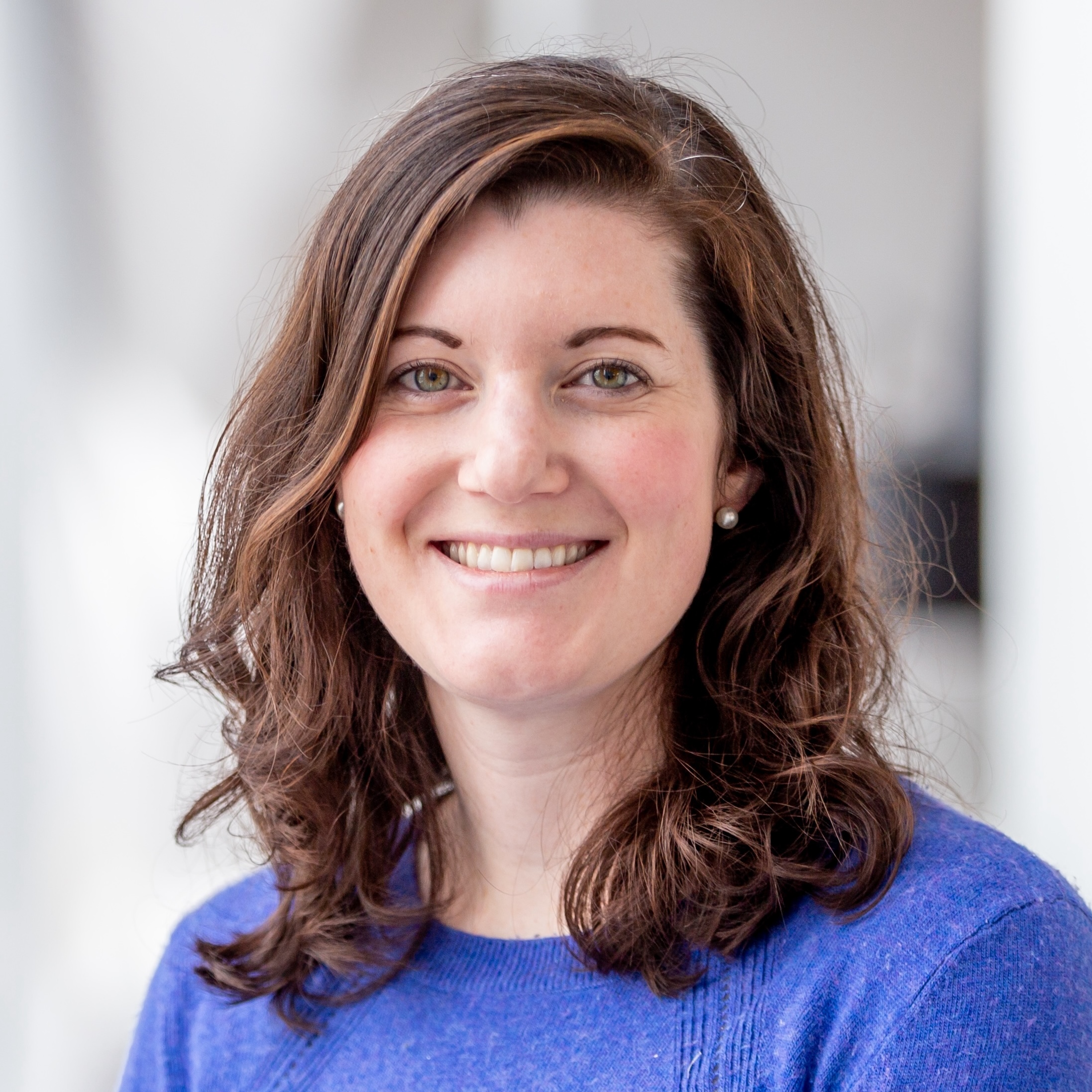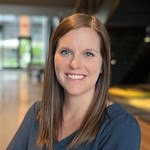Regional Approach to Food Waste Diversion: Collaboration Among Governments and Local Stakeholders
Diverting food waste from landfills is a priority and challenge for many communities. Iowa and Wisconsin, two states close in proximity but differing in approach, are in the process of completing food waste management evaluations. These states have different infrastructure, regulations, collection systems, grant programs, public education, and political climates that impact how food waste is currently managed and what the future of food waste diversion could look like.
Iowa and Wisconsin received Solid Waste Infrastructure for Recycling (SWIFR) grants to complete statewide assessments. The assessments were tailored to meet the specific needs of different regions and communities in each state. The research included a variety of tools to collect data on existing programs and infrastructure while also conducting robust outreach about opportunities and challenges for managing food waste beyond landfill disposal.
These two states face similar challenges to many other states. Both have densely populated areas and rural regions that are less populated and further from existing food waste management infrastructure. The strategies for diverting food waste in such regions must be tailored in approach and cannot be a one-size-fits-all solution.
About the Speakers
Amanda Erickson
Solid Waste Planner | HDR
As part of HDR’s Solid Waste team, Amanda Erickson is passionate about waste reduction, recycling, and organics diversion. She has 13 years of experience working in solid waste, and previous experience working for local government entities focused on solid waste programs and natural resource protection. Amanda has led projects including solid waste management plans, feasibility studies, and statewide evaluations. Such projects focused on organics management, waste reduction, alternative technologies, hazardous waste, and solid waste planning. She supports clients working on innovative projects, including food scraps recycling and wasted food prevention. Amanda brings expertise in communicating solid waste policies and programs with wide-ranging audiences, including drafting reports and memos to communicate complex topics with a variety of audiences and stakeholders. She understands the intricacies of local government, waste regulations, managing waste hauler contracts, and communicating effectively with various stakeholders, including elected officials. She supports projects both locally in Minnesota, as well as nationally as part of HDR’s solid waste planning practice.

Emily Sisk
Solid Waste Planner | HDR
Emily Sisk is a Solid Waste Planner in HDR's Omaha, Nebraska Solid Waste Group with 13 years of experience. Her experience includes solid waste master planning efforts; diversion planning efforts; preparation of zero waste plans; statewide food waste assessments; extended producer responsibility (EPR) needs assessments; greenhouse gas (GHG) calculations and reporting; organics evaluations; waste characterization studies; and grant design. As part of Emily’s planning work, she analyzes current waste collection and management systems and assists clients in evaluating options to promote diversion, including recycling, composting, and special collections programs. She is adept at analyzing datasets and developing clear and cohesive data summaries. She also brings experience in grant writing for federal grants and is TRUE certified. Emily develops strong partnerships with clients to identify their goals and communicate those goals and plans to stakeholders. Emily currently serves on the Iowa Recycling Association (IRA) Board of Directors.
Speakers
-
Amanda Erickson
Solid Waste Planner
HDR -
Emily Sisk
Solid Waste Planner
HDR







